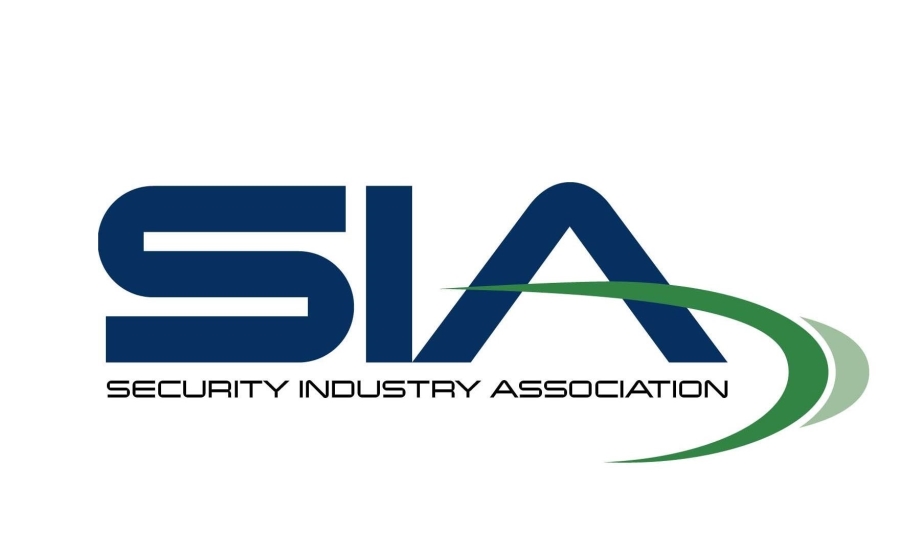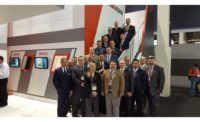SIA Aids Manufacturers and Integrators Previously Restricted Under FTA’s Buy-America Program

SIA successfully petitioned the Federal Transit Administration (FTA) to include IP cameras in its “microprocessor/microcomputer” waiver for certain IT equipment under its “Buy America” requirements.
Under FTA’s “Buy America” program, which has been in existence since the early 80s, manufactured products in transit projects that utilize FTA funding were required to meet certain American-made stipulations. Jake Parker, SIA director of government relations, explained that according to the requirement, “all manufactured products and the components of those products must be made in the U.S. unless they have a waiver, of which there are very few.”
One of those waivers the FTA allowed for is the “microprocessor/microcomputer” waiver for certain IT equipment. Parker explained that this waiver was designed from the beginning to cover information technology products, and with the evolving nature of communications technology, this waiver has been in need of clarification over time.
Over the years, many in the transportation sector have updated their systems to IP-based technology in response in large part to the threat of terrorism in transportation, Parker said. Members assumed these IP cameras fell under the waiver, but many received conflicting determinations, leading many to believe IP cameras would not be covered by this waiver. As a result, security IP camera manufacturers and integrators had trouble participating in FTA-funded projects, and many sat out or didn’t participate in transportation projects, putting off limits to them one of the fastest growing sectors in the security industry.
Parker gave the example of Washington’s C-Tran, which in August of 2016 declined a $310,000 FTA grant for a new surveillance system because it was unable to find a vendor that met the grant’s American-made requirements. Instead, C-Tran dropped the grant and funded the entire surveillance system locally.
"I've heard stories recently that a number of transit agencies have had a difficult time finding security cameras or other technology components that are made in America," said Scott Patterson, C-Tran's director of development and public affairs. "It's just getting more and more difficult."
After being approached by a number of manufacturers and integrators, Parker said he approached the FTA in March of 2016, when he was asked to put together more information. SIA submitted an official request in September of 2016, arguing that IP security cameras were eligible for a waiver under an existing protection for microprocessor-based products under federal Buy America regulations.
On December 21, in response to the SIA petition on behalf of its members, FTA issued a clarification ensuring “Buy America” requirements for manufactured products are waived for IP security cameras in transit projects that utilize FTA grant funding.
Ellen Partridge, FTA chief counsel, wrote in the respose, “Based on the foregoing, I agree that IP cameras are eligible for the microprocessor waiver in Appendix A to 49 CFR 661.7. Accordingly, IP cameras may be considered as a Buy America-compliant component of security and surveillance systems procured with FTA financial assistance.”
SIA CEO Don Erickson said, “The FTA clarification in response to SIA’s request will resolve a critical issue that could potentially delay funding of projects involving the construction, renovation or retrofit of transit stations, administrative offices and railyards as well as video surveillance systems in transit vehicles like buses, railcars and locomotives. This determination clears a significant regulatory logjam for SIA members and providers of IP security cameras.”
Parker explained that coming together as an industry with one voice was integral in the positive outcome. “A waiver for an entire class of products is very rare,” Parker said. “Waivers are usually issued only on a project-by-project basis. [The FTA] recognized immediately their need to update Buy-America requirements because of increasing technology. They seem very aware of the larger issue.”
Looking for a reprint of this article?
From high-res PDFs to custom plaques, order your copy today!






